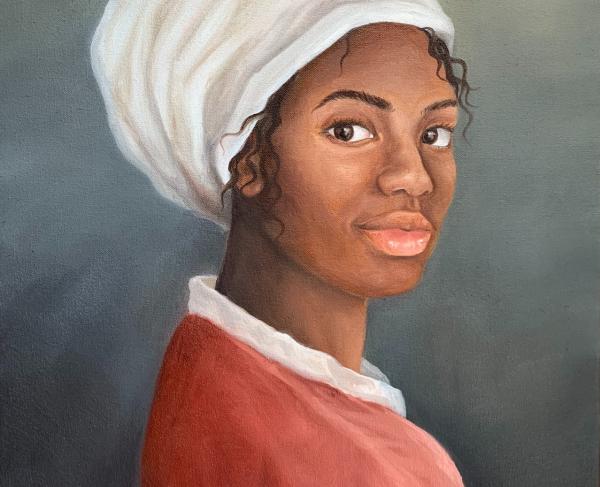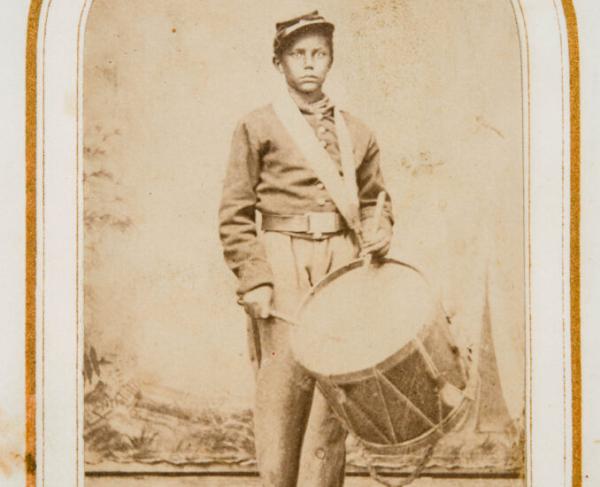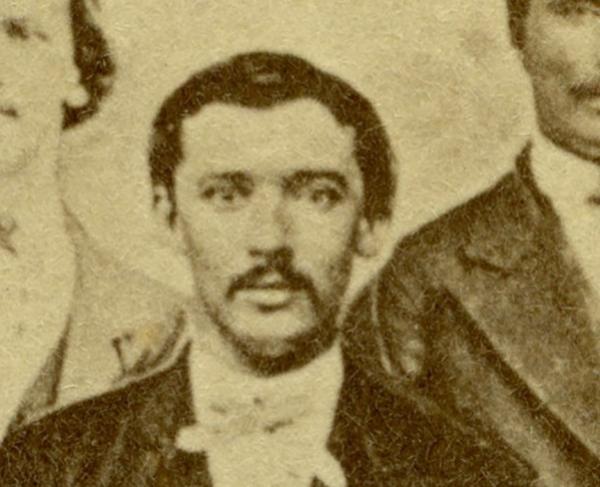Cuffee Wells

Cuffee Wells was born in Guiana, South America. His date of birth is unknown. When he was a child, he was sent to Connecticut and enslaved under a doctor that operated out of Hartford, Connecticut, as well as Deacon Israel Wells of Colchester. In 1777, Wells enlisted in the Continental Army and served as a private of the 4th Connecticut. Wells enlisted in order to become emancipated. Wells’ medical skills learned from his first master were a notable skill among his superiors. By the end of 1777, Wells was assigned to Dr. Philip Turner, the Surgeon General of the Eastern Department, as his assistant. Wells assisted Turner with medical operations and preparing medications. He earned the nickname “Doctor Cuffee” for his time spent with Dr. Turner. In the Spring of 1778, Cuffee was transferred to Valley Forge as a medical assistant. Muster rolls at Valley Forge say that he was, “tending the sick” from June to September 1778. He then returned to the 4th Connecticut in Danbury, Connecticut, and spent the remainder of the war in Danbury.
Following the war, Cuffee was emancipated by giving his enlistment bounty to his former master as payment for his freedom. Cuffee changed his last name from Wells to Saunders. As a newly freed man, Cuffee married and purchased three acres of land in Lebanon, Connecticut. According to Cuffee’s son’s obituary, Cuffee was employed by Dr. Turner as an attendant in the hospital. Cuffee, however, did not live too long after the Revolutionary War concluded. Cuffee Saunders died in December 1788 of influenza.
Cuffee Saunder’s son, Prince Saunders, went on to attend Dartmouth College. Prince then helped set up a Black education system in Massachusetts and Haiti and wrote the Haytian Papers. Cuffee Saunder’s significance to history is shown through his rise from slavery to becoming a respected medical professional. Saunders’ story is but one of many others who persevered over slavery.


